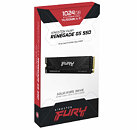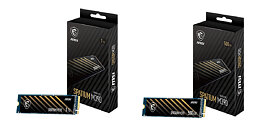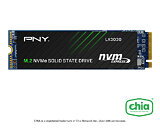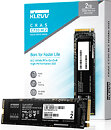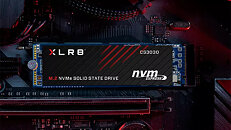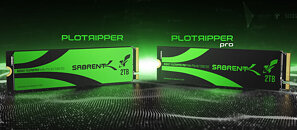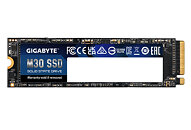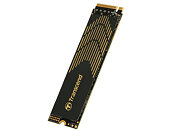
Biwin Showcases its Latest Memory and Storage Products at Computex 2025
Biwin over the years has emerged as a major OEM of DRAM and NAND flash consumer products, selling innovative new hardware not just under its own brand, but also supplying them for top-tier PC OEMs, such as Acer and HP. At Computex 2025, we went hands on with their latest products that they directly sell under the Biwin marquee. Starting off things, is the Biwin X570, a high-end M.2 NVMe Gen 5 SSD that comes in capacities of 1 TB, 2 TB, and 4 TB, with sequential performance of up to 14.5 GB/s reads, with up to 11 GB/s writes. Next up, is the X570 PRO, a step up from the regular X570, which offers increased sequential write speeds and NAND flash endurance.
While the regular X570 does up to 14.5 GB/s reads with up to 11 GB/s writes, the X570 PRO offers up to 14 GB/s reads, with up to 13 GB/s writes. It also comes with increased endurance of 750 TBW, 1500 TBW, and 3000 TBW for the 1 TB, 2 TB, and 4 TB variants, respectively, compared to the 600/1200/2400 TBW respectively, of the regular X570. The X570H PRO is basically the same drive, but with an added heatsink.
While the regular X570 does up to 14.5 GB/s reads with up to 11 GB/s writes, the X570 PRO offers up to 14 GB/s reads, with up to 13 GB/s writes. It also comes with increased endurance of 750 TBW, 1500 TBW, and 3000 TBW for the 1 TB, 2 TB, and 4 TB variants, respectively, compared to the 600/1200/2400 TBW respectively, of the regular X570. The X570H PRO is basically the same drive, but with an added heatsink.





